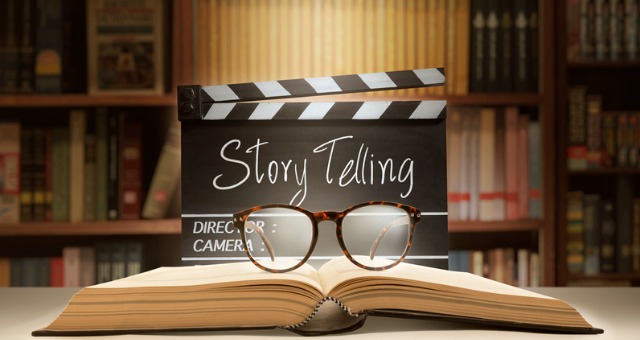In the grand tapestry of human existence, stories are the threads that weave us together. From the cave paintings of our distant ancestors to the latest bestselling novel or blockbuster movie, storytelling has been an integral part of the human experience for millennia. But what is it about stories that makes them so compelling and influential in our lives? In this article, we will explore the profound impact of storytelling on our minds, emotions, and society, delving into the art of narrative and its remarkable ability to shape our world.
The Essence of Storytelling
At its core, storytelling is the art of conveying experiences, ideas, and emotions through a sequence of events or events. It is a universal language that transcends cultural boundaries, speaking to the very heart of what it means to be human. Whether told through words, images, music, or dance, stories have the power to captivate, engage, and inspire.
The Psychology of Storytelling
Our brains are hardwired for stories. Cognitive psychologists have long studied the impact of storytelling on the human mind, revealing that narratives are more than just a means of entertainment. They are a fundamental tool for processing information and making sense of the world around us.
When we hear a story, our brains light up with activity. Neuroscientists have found that the areas of the brain responsible for processing sensory experiences and emotions become highly active when we engage with a narrative. This activation goes beyond mere entertainment; it helps us connect with the characters, understand their motivations, and empathize with their struggles.
Emotion and Empathy
One of the most remarkable aspects of storytelling is its ability to evoke powerful emotions and foster empathy. When we read about a character facing adversity, we may experience their fear, joy, or sorrow as if it were our own. This emotional connection is what makes stories so impactful.
Through empathy, storytelling has the potential to bring about profound changes in our attitudes and behaviors. It can challenge our prejudices, broaden our perspectives, and inspire us to take action. This is why stories have been at the forefront of social and political movements throughout history, from the abolition of slavery to the fight for civil rights.
Cultural Transmission
Stories are not just individual experiences; they are also vehicles for cultural transmission. Through myths, legends, and folklore, societies pass down their values, beliefs, and traditions from one generation to the next. Stories serve as a collective memory, preserving the wisdom and heritage of a culture.
In this way, narratives shape our identities and sense of belonging. They help us understand where we come from, who we are, and where we are headed as a society. Stories provide a sense of continuity and purpose, connecting us to the past and guiding us into the future.
The Power of Persuasion
Beyond their emotional impact, stories are persuasive tools. Whether used in marketing, politics, or education, narratives have the power to sway opinions and influence decisions. A well-crafted story can make a product irresistible, turn the tide of an election, or inspire a new generation of thinkers and doers.
Advertisers know this well, as they harness the art of storytelling to create memorable and relatable campaigns. Politicians also rely on narratives to connect with voters on a personal level and convey their vision for the future. In the classroom, educators use stories to make complex subjects more accessible and engaging.












